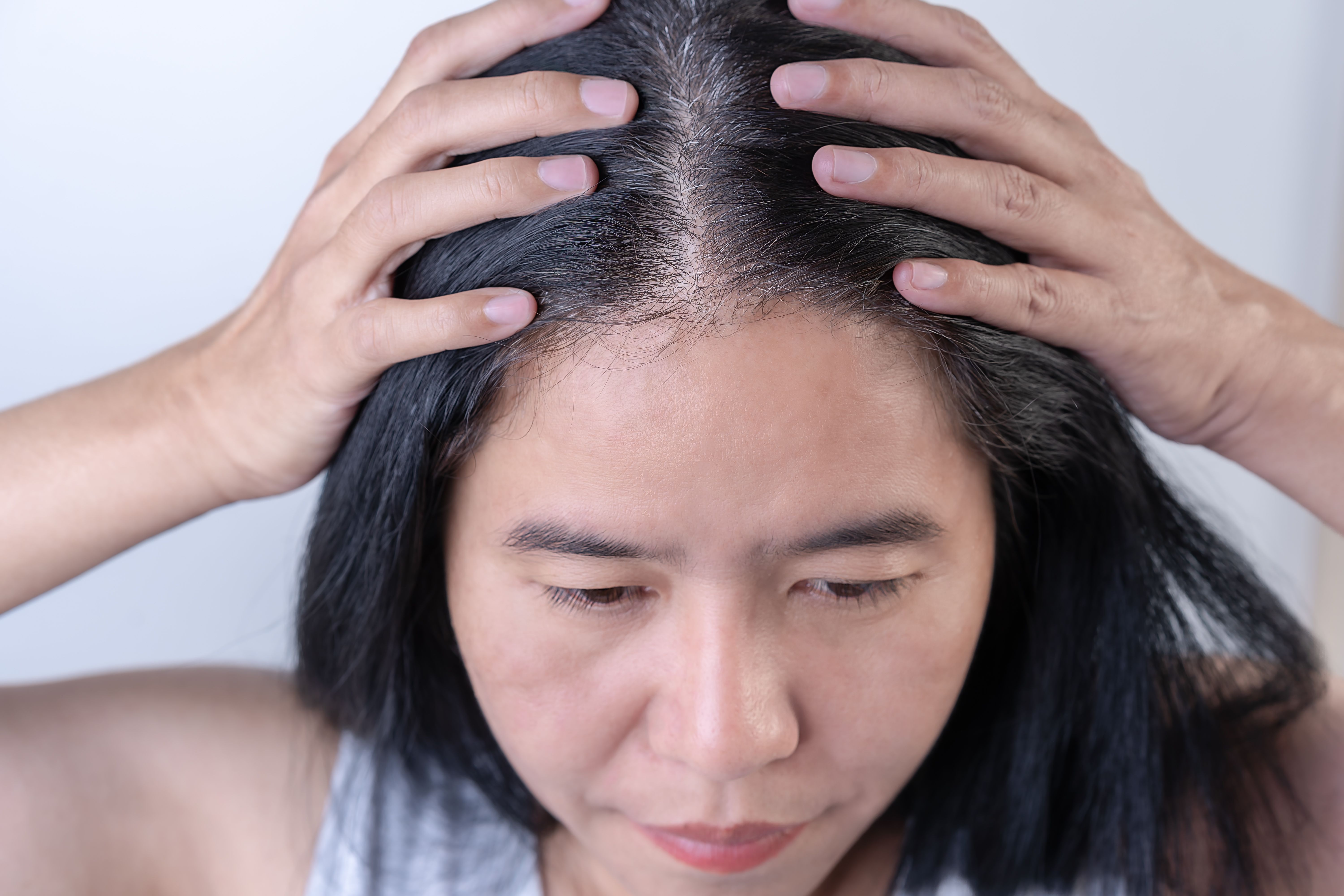Stress and Scalp Health: Understanding the Connection
The Link Between Stress and Scalp Health
Stress is a common part of modern life, but its impact on our health is far-reaching. One area often overlooked is how stress affects our scalp health. Understanding this connection can help you take proactive steps to maintain both your mental well-being and the health of your hair.
When you experience stress, your body undergoes a series of physiological changes that can impact various bodily functions, including those related to your scalp. The release of stress hormones such as cortisol can lead to a range of issues that might manifest as scalp problems.

How Stress Impacts Scalp Health
Stress can affect your scalp in several ways, including:
- Increased Oil Production: Stress can stimulate the sebaceous glands, leading to an oily scalp, which can attract dirt and pollutants.
- Reduced Hair Growth: Stress may push hair follicles into a resting phase, leading to temporary hair thinning or shedding.
- Scalp Sensitivity: High stress levels can make the scalp more sensitive, leading to discomfort or irritation.
These issues can exacerbate existing scalp conditions or lead to new ones, making stress management a crucial aspect of maintaining scalp health.
Common Scalp Conditions Linked to Stress
Stress is known to either trigger or worsen certain scalp conditions. Here are a few common ones:
- Dandruff: While not directly caused by stress, it can make dandruff worse by promoting an oily scalp environment.
- Alopecia Areata: This condition results in patchy hair loss and is often linked to severe stress episodes.
- Psoriasis: Stress can trigger flare-ups in individuals already predisposed to this condition.

Strategies for Managing Stress and Maintaining Scalp Health
Taking steps to manage stress can have a positive impact on your scalp health. Here are some strategies you might consider:
- Regular Exercise: Physical activity reduces stress hormones and stimulates endorphin production, promoting relaxation.
- Mindfulness and Meditation: These practices help calm the mind and reduce overall stress levels.
- Healthy Diet: Consuming a balanced diet rich in vitamins and minerals supports both mental and physical health.
Incorporating these habits into your daily routine can help mitigate the effects of stress on your scalp.
Professional Help for Scalp Issues
If you're experiencing persistent scalp problems that don't improve with stress management techniques, it may be time to seek professional help. Dermatologists can provide targeted treatments for conditions exacerbated by stress, ensuring you receive the care you need.

Remember, maintaining scalp health is not just about external care but also involves managing internal factors like stress. By understanding the connection between stress and your scalp, you're better equipped to take comprehensive care of your overall well-being.
A healthier scalp contributes to healthier hair and a more robust sense of confidence. Pay attention to your body's signals and take proactive steps towards a stress-free lifestyle for optimal scalp health.